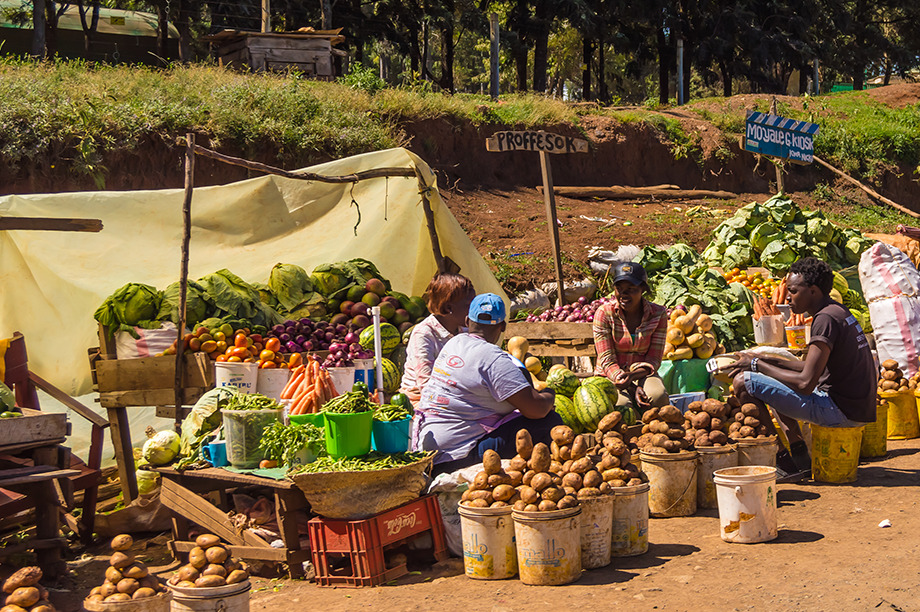David Yanagizawa-Drott
Professor of Development and Emerging Markets
Zurich ZCED

Malaria continues to be one of the major killer-diseases in Africa, despite existence of effective prevention methods and effective cures. While the reason for this public health failure is likely to be multifaceted, recent evidence from retail markets for Artemisinin-based Combination Therapy (ACT) drugs suggest that poor quality of the medicine is one important factor.
Antimalarial medicine is an experience good, meaning that consumers observe neither the quality of the medicine sold nor the utility it will yield before purchase. Learning about quality thus has to be based on health experience after purchase and treatment. However, because malaria mimics several other diseases – both in initial symptoms and in signs of severe illness – and because symptomatic diagnosis rather than parasite-based diagnostic testing is the norm in most of Africa, misdiagnosis is common. Misdiagnosis, in turn, is likely to hamper learning about both the effectiveness of ACTs and their quality.
Can the entry of a retailer selling high quality medicine affect the market equilibrium in such an environment and if so how? We investigate this question using data from a randomized controlled trial, embedded within the scale-up of a new health delivery program in Uganda. We identify two mechanisms that can improve the market equilibrium: Exit of incumbent drug shops selling poor quality and a shift to higher quality drugs by outlets remaining. We find that the reduced form treatment effects are large: Approximately a year after the new market actor entered the share of incumbent firms selling fake ACTs dropped by more than 50 percent in the intervention compared to the control group.
These results have clear policy implications. The negative productivity consequences of weak incentives for building reputation are quite clear. Thus, understanding the feasibility and cost-effectiveness of alternative interventions to improve reputation-building mechanisms in these markets are important from a policymaking perspective, and to this end more research is needed.
Professor of Development and Emerging Markets
Zurich ZCED
Stockholm University
IIES, Stockholm University







